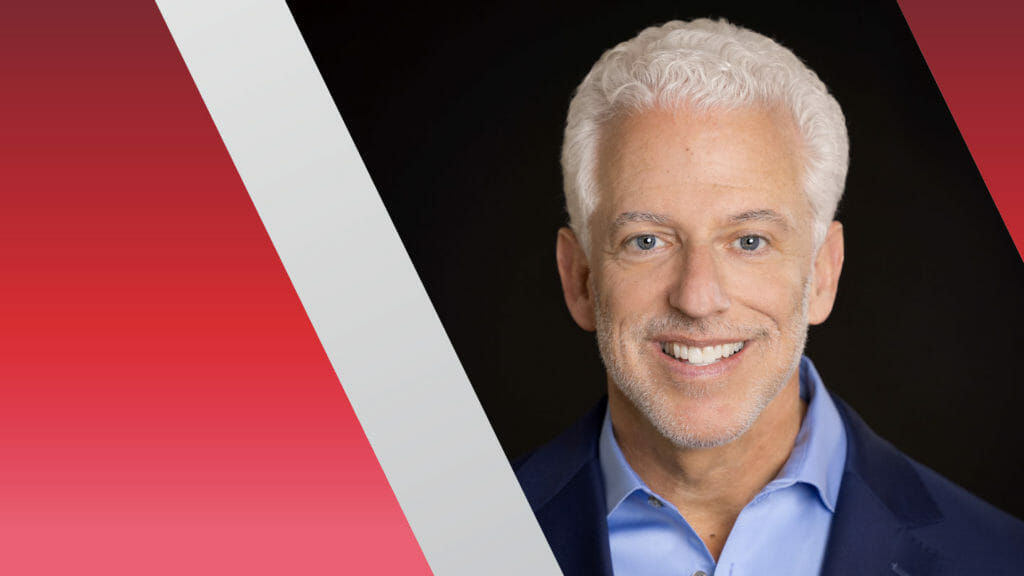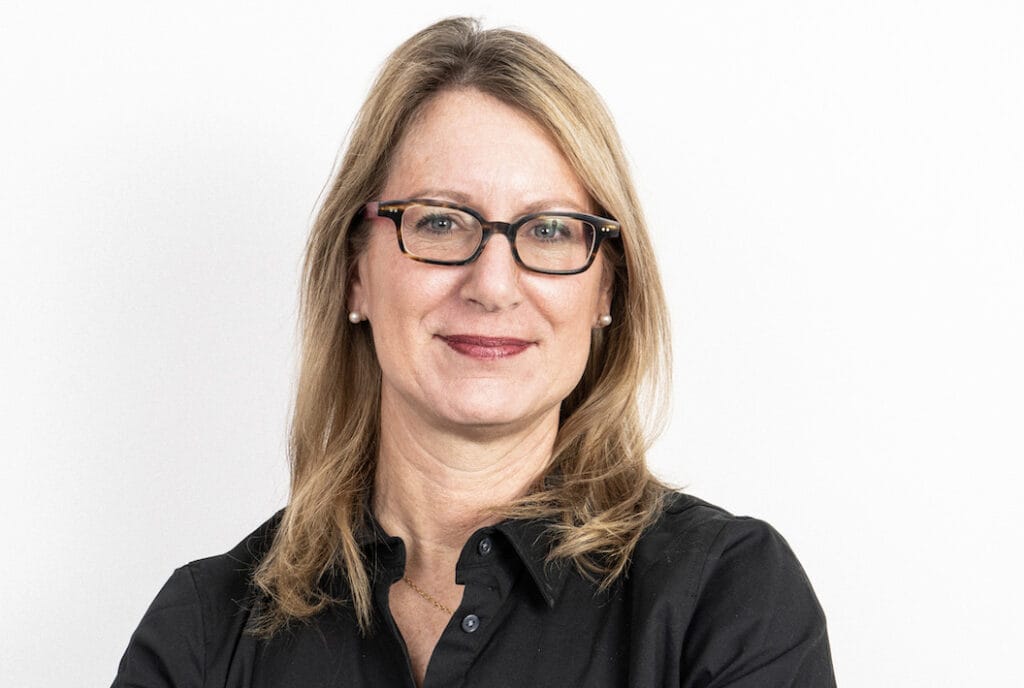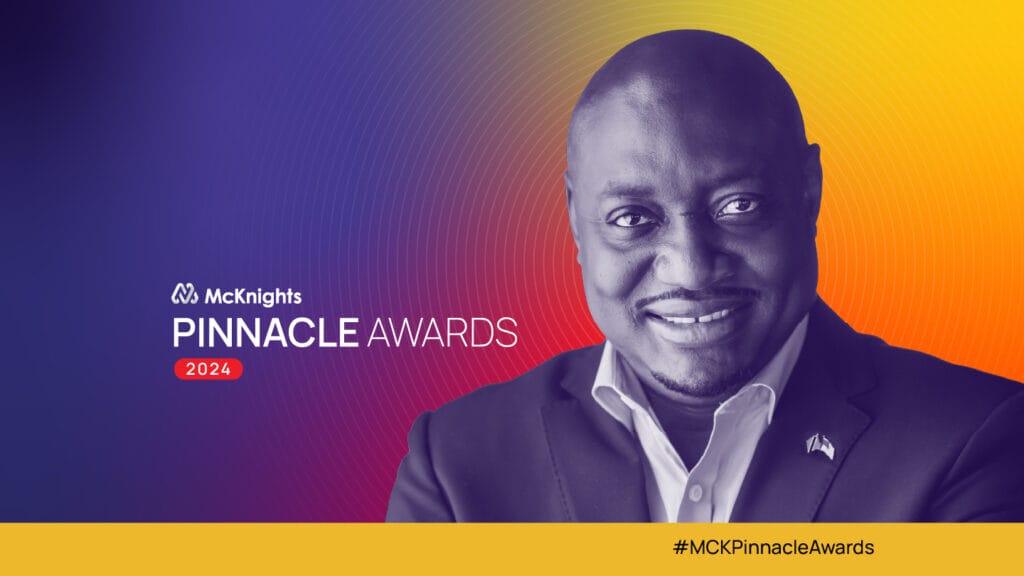
Bob Roth, co-founder and managing partner of Cypress HomeCare Solutions, based in Scottsdale, AZ, is excited about the future of home care.
“The world has changed, not just with the pandemic, but with aging,” said Roth, who has been running the personal care firm since 2003. “It’s a great place to be, because I really think that the best days for home care are ahead of us, rather than behind us.”
The firm, which was established in 1994, was a reaction to the caregiving experience Roth and his brothers, Joe and Jonathan, had with their mom, who suffered a heart attack in 1985. The incident sent her into a drug-induced coma for 18 days and then 30 days in the intensive care unit. While she left the hospital, she was not the same after that. Roth, his brothers and their dad found themselves as caregivers.
“We had no clue what that journey was going to look like,” Roth said.
Fast-forward a few years, and Roth and his brothers decided to set up a home care business in Phoenix, where their parents had moved. Joe ran the business for nine years; Roth took over after that.
Today, the business serves about 140 clients and employs about 32 employees. Nearly all of the funding is through private pay, long-term care insurance and Medicaid.
Roth, who serves on the board of the Home Care Association of America, also has a radio show and column about aging. He talked to McKnight’s Home Care Daily Pulse about the challenges in the industry, as well as the opportunities.
McKnight’s Home Care Daily Pulse: You mentioned the aging field is different today. How so?
Bob Roth: The need is out there. It’s huge. I think that this pandemic … was devastating to us, but I will tell you the true pandemic is aging. We haven’t done anything to solve for that as a nation, and people have been ringing the bell and the alarm for a long time and it just boggles my mind that we haven’t really addressed this. But the need is out there. We have to be creative in terms of how we figure out how to solve for it.
We really have to think differently. I think a lot of us have done that. A lot of those who haven’t are pretty much struggling. They may not be able to make it.
We can’t embrace technology 100%. I think a lot of people are looking to technology to solve, but technology only gives us the ability to enhance the delivery of care. We still need human beings delivering care. I believe the best days are ahead of us, just because the demand for our services is great.
McKnight’s Home Care Daily Pulse: Most of your clients are private pay. Are you encouraged at all by the growing Medicare Advantage program?
Bob Roth: I don’t think I will get any arrows thrown in my back when I say this, but I think Medicare Advantage is probably one of the biggest misleading marketing programs that are out there by these managed care organizations. I know that my brothers and sisters that are in home health and hospice, primarily home health, are trying to organize and trying to really push back on these managed care organizations because they pay a third to 40% of what the Medicare benefit pays.
That April 2018 letter that came out from CMS [Centers for Medicare & Medicaid Services] recognizing in-home care supportive services was a huge day for private duty in-home care services. We were really excited that CMS finally recognized us. And that was so cool. And I have a lot of friends that are founders of these franchises that have hired MA specialists to try to navigate to how do we become more inclusive in the benefit. I told them, you are wasting your time. Part of it is because the reimbursement rates are more commensurate with Medicaid. More importantly, the authorization of hours per member is so limited. You’re talking 40, 60, maybe 100 to 120 per member per year. That’s more of a transitionary care benefit than is really a home care benefit.
McKnight’s Home Care Daily Pulse: Where is the industry heading?
Bob Roth: First and foremost, the headwinds that we’re having with workforce and cost are not going away. They’ll be here for a while. I don’t understand why immigration needs to be such a dirty word in Washington, DC. We need to figure out how to get more immigrants in that are coming from these caring nations … This is a culture that is accustomed to providing care and we should work diligently to try to get them in.
McKnight’s Home Care Daily Pulse: What are some other solutions?
Bob Roth: Part of the solution, I really believe, is our education system. When I grew up and went to high school, I took woodshop and home economics. The Arizona Department of Education was running a direct care workforce program prior to the pandemic. They had 30 high schools. It was a two-year program where you got the certifications. Part of our success with solving for this workforce problem is trying to teach these students … coming up these skill sets. One, they’ll have these soft skills for their own families. Two, they’ll get introduced to healthcare, because every single part of healthcare is dying for workforce, right? If we can get these students to learn a little bit about healthcare, this could be a great stepping stone going forward. We have to embrace that.
The other thing is, whether it’s legislation like Choose Home or other initiatives, we really need to educate our congressmen and senators … Getting our senators and our U.S. representatives into people’s homes and seeing what is happening in the home is an imperative for us, because we need to get more people aligned that know that people want to stay at home and that it is the least costly place to be.
The future has got to embrace technology. It isn’t the ultimate solution, but it’s part of the solution. Having remote patient monitoring and artificial intelligence … I don’t think it’s going to replace the care that’s being delivered, but it certainly will enhance that. It will give people the ability to stay at home and may just have care during the day parts.
McKnight’s Home Care Daily Pulse: How does your work inform your radio show?
Bob Roth: I learned a long time ago it’s better to be interested than interesting. When I bring a guest on, it’s never about me; it’s about what they bring to the party. That’s the way I kind of live my life, to be interested in the people I’m with. I try to do an open, or a supervisory, visit once a quarter. I tell my team to block me down for two hours because I really enjoy those times with the client. I want them to tell me about their lives. I really think every client we serve is a true blessing. They’re like a good book, and guess what? We get to be part of their final chapter. Now that is a blessing.
Editor’s note: Peer-to-Peer is a feature from McKnight’s Home Care Daily Pulse in which we talk to the leaders in home care, your peers, about their operational initiatives, efforts and ideas. If you think someone in home care would make a good subject for Peer-to-Peer, please email Liza Berger at [email protected].


